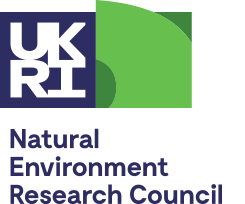 New public engagement and professional development opportunity for Natural Environment Research Council (NERC) climate scientists* looking to engage young people with their environmental science research, and develop their digital and youth engagement capacity.
New public engagement and professional development opportunity for Natural Environment Research Council (NERC) climate scientists* looking to engage young people with their environmental science research, and develop their digital and youth engagement capacity.
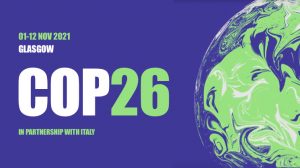 As part of NERC’s contribution to COP26, NERC Public Engagement have commissioned a public engagement project that seeks to support young people in the UK who experience eco-anxiety to reshape new positive narratives about the future. Through a series of events and co-design activities, the project will look at how the actions and stories of young citizens and recent scientific advancements in decarbonisation fit together within a systemic picture.
As part of NERC’s contribution to COP26, NERC Public Engagement have commissioned a public engagement project that seeks to support young people in the UK who experience eco-anxiety to reshape new positive narratives about the future. Through a series of events and co-design activities, the project will look at how the actions and stories of young citizens and recent scientific advancements in decarbonisation fit together within a systemic picture.
How you can be involved
NERC researchers* are invited to this unique professional development and engagement opportunity to work on the project with eco-anxious young people. Through a series of workshops with young people, you would be supported to share insights from your research and professional careers, engage young people in climate science, and develop your own public engagement skills including co-design, storytelling, digital communication and engagement with young people.
*for this project, Common Vision and NERC, are inviting NERC researchers to be involved, including; PhD students, Early career researchers, and other roles involved in delivering NERC science research, for example, project managers, engagement staff etc.
Time commitment
Researchers who can commit to being involved for at least six months. In the first month (September) approximately a day of your time will be required to feed into the project design and initial materials. From then on, an afternoon in October, December, and February. The total estimated time commitment will be no more than 3 days of your time between September 2021 and March 2022.
More about the project
The magnitude of the climate crisis and the mismatch between the scale of the problem, and the power that any individual has to address it, has left many conscientious young people with feelings of eco-anxiety, anger and helplessness. While these feelings of helplessness may paralyse some young people, they can also be precursors to committed action and positive activism.
This public engagement project, funded by NERC, will examine the narratives which permeate and influence public understanding of climate change. It will draw on insights from environmental science research to understand and showcase the many different ways that citizens are already engaging with decarbonisation on their own terms, and how these individual actions can complement wider structural and systemic shifts. Through active storytelling exercises and live prototyping events, we will engage young people in shaping new positive narratives about the future and co-designing materials, which can be used to address eco-anxiety.
About the partners
This project is a collaboration between the following partners:
The project is funded by the National Environmental Research Council (NERC) the UK’s largest funder of independent environmental science, training and innovation.
Common Vision is an independent think tank with a mission to unite people around long-term intergenerational goals and catalyse collaborative action and collective agency. Common Vision specialises in public dialogue and engagement and has a strong track record facilitating policy dialogue and civic leadership opportunities for young people.
Octophin Digital is a London-based digital agency working primarily within the wildlife conservation, arts and charity sectors.
Force of Nature is a youth non-profit mobilising mindsets for climate action. Force of Nature supports leaders across business, education and policy to centre young people in delivering intergenerational climate solutions
Climate Carers is a team of researchers, designers, policy-makers and educators aiming to understand and support mental health in the current climate and ecological crises. Climate Cares is a collaboration between the Institute of Global Health Innovation and the Grantham Institute at Imperial College London.
Contact
To express an interest in taking part, please email Matilda Agace, Research and Engagement Manager at Common Vision: matilda.agace@covi.org.uk, please copy in Hannah Lacey, NERC Public Engagement Programme Manager: hannah.lacey@nerc.ukri.org no later than 4pm on Tuesday 7 September 2021
If you would like to discuss ideas, please contact BU Engagement Officer, Adam Morris publicengagement@bournemouth.ac.uk
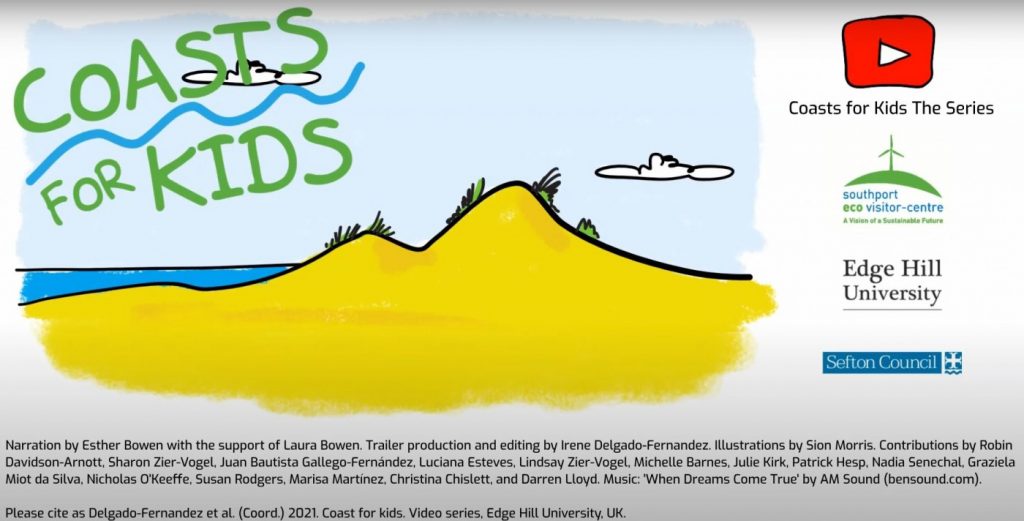
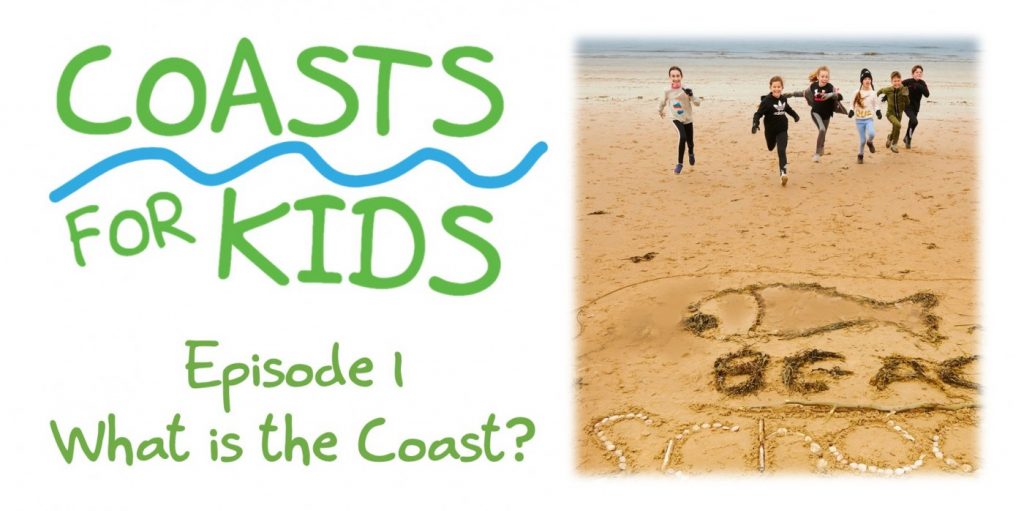
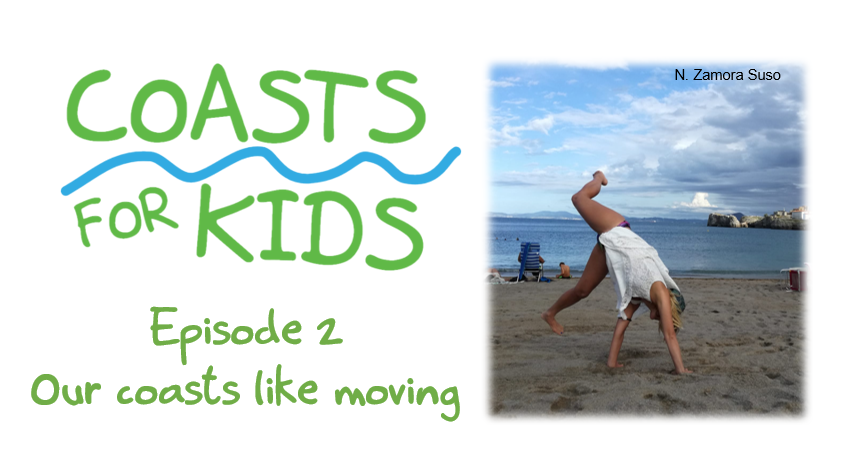
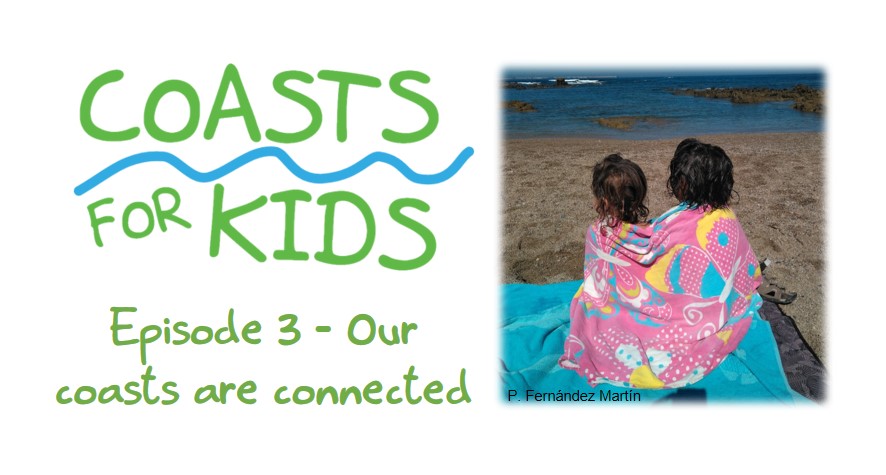
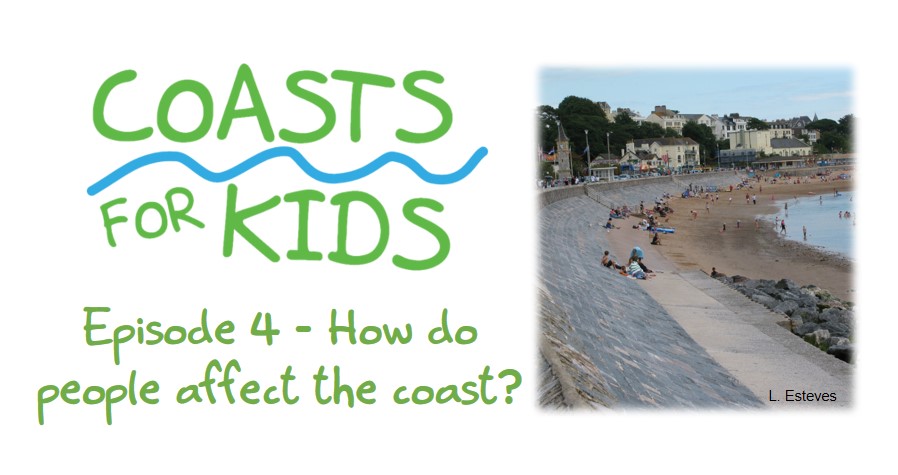
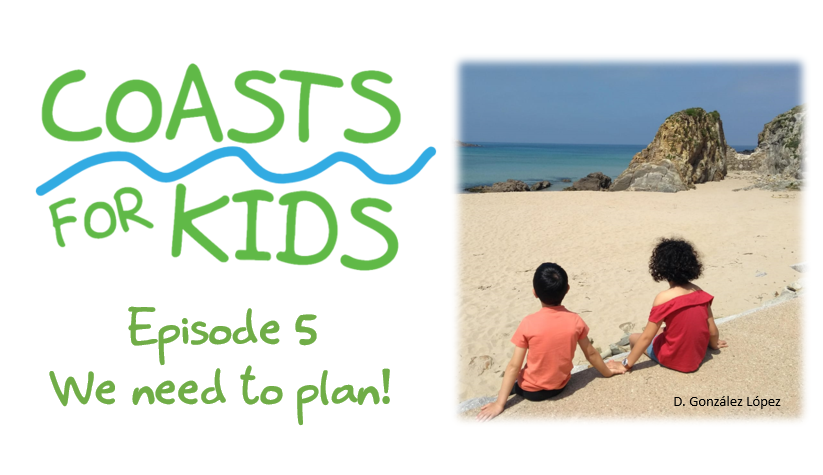
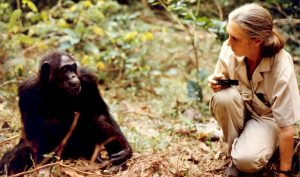
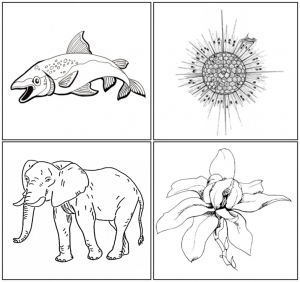
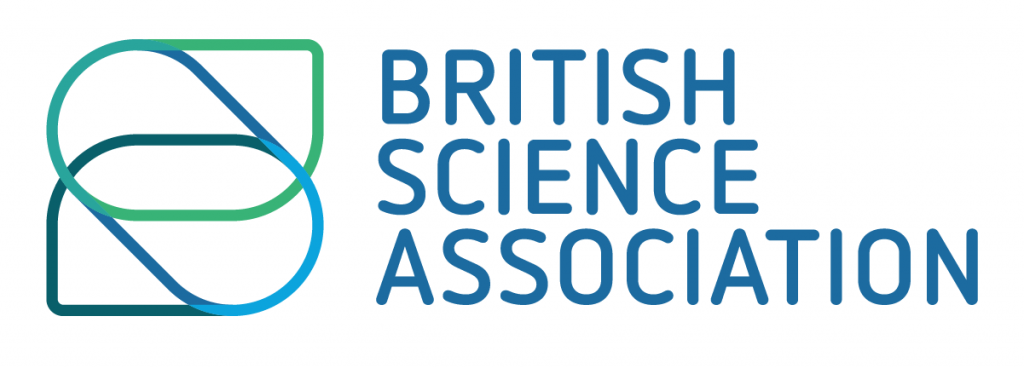
 As part of the Academic Targeted Research Scheme, I started my new role as Senior Lecturer in Sustainability, Impact and Consumption on the 1st of July this year.
As part of the Academic Targeted Research Scheme, I started my new role as Senior Lecturer in Sustainability, Impact and Consumption on the 1st of July this year.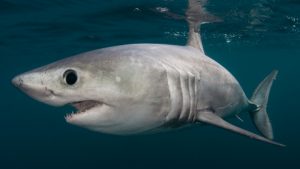 My research will focus on predator ecology and conservation and the project funded by the scheme is specifically centred on the porbeagle shark (Lamna nasus). The UK has several species of shark that call our waters home for at least part of the year and many are in dire need of conservation management. Highly mobile, migratory top predators like the porbeagle are important to understand and manage as they play vital roles in nutrient cycling, ecosystem linkage and maintaining food web stability as well as just being incredible species in their own right. Such species are also pretty difficult to study, especially in the marine environment!
My research will focus on predator ecology and conservation and the project funded by the scheme is specifically centred on the porbeagle shark (Lamna nasus). The UK has several species of shark that call our waters home for at least part of the year and many are in dire need of conservation management. Highly mobile, migratory top predators like the porbeagle are important to understand and manage as they play vital roles in nutrient cycling, ecosystem linkage and maintaining food web stability as well as just being incredible species in their own right. Such species are also pretty difficult to study, especially in the marine environment!
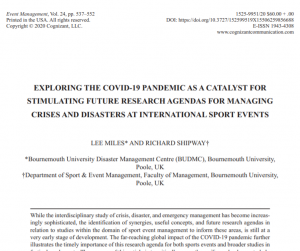
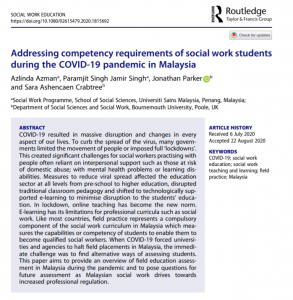
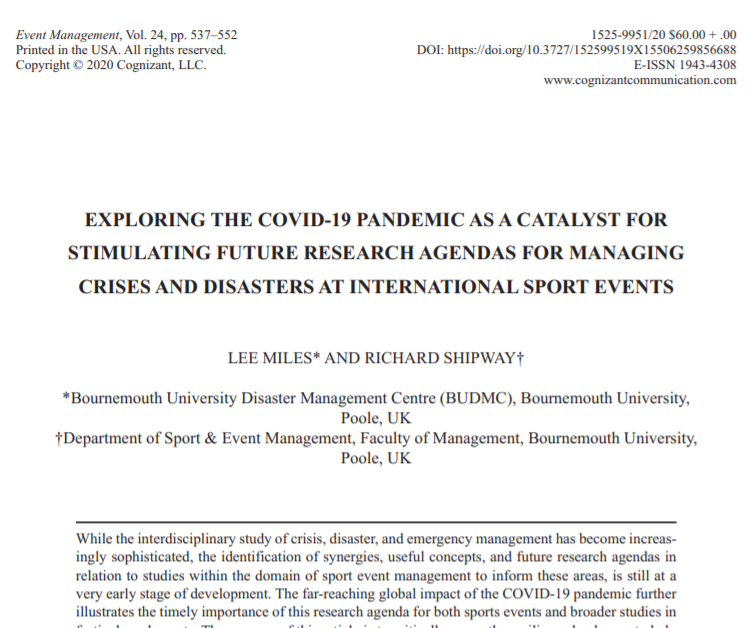
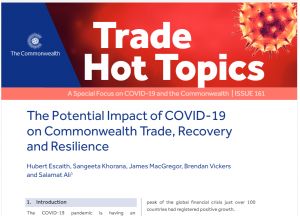
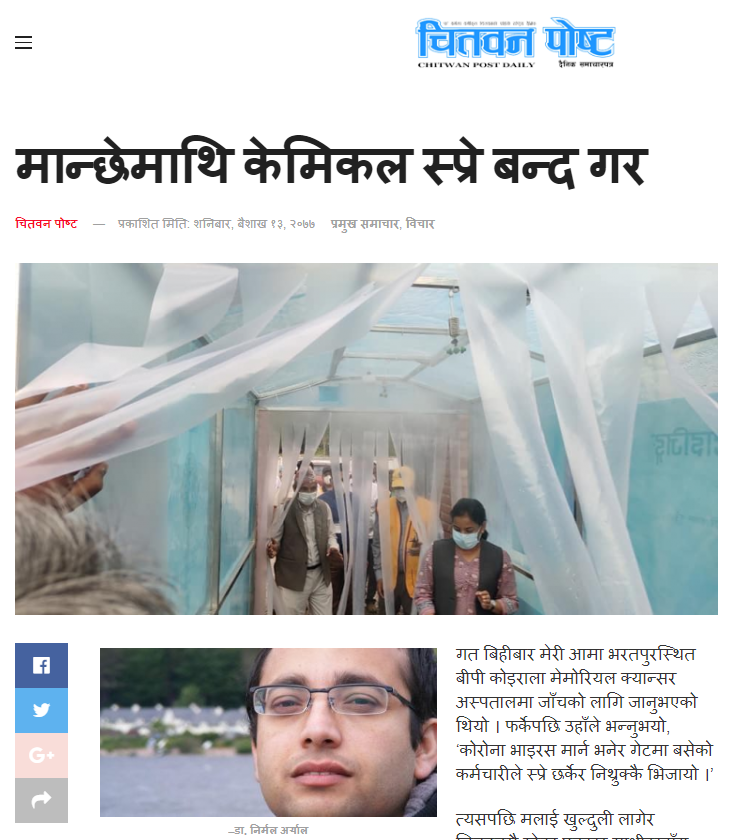
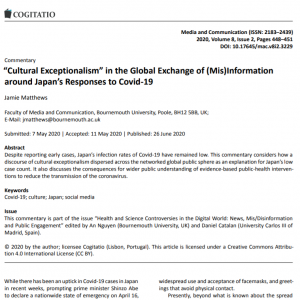

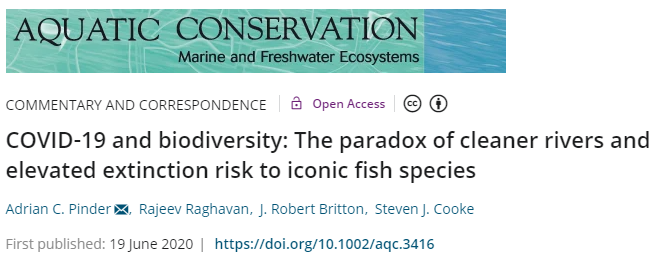
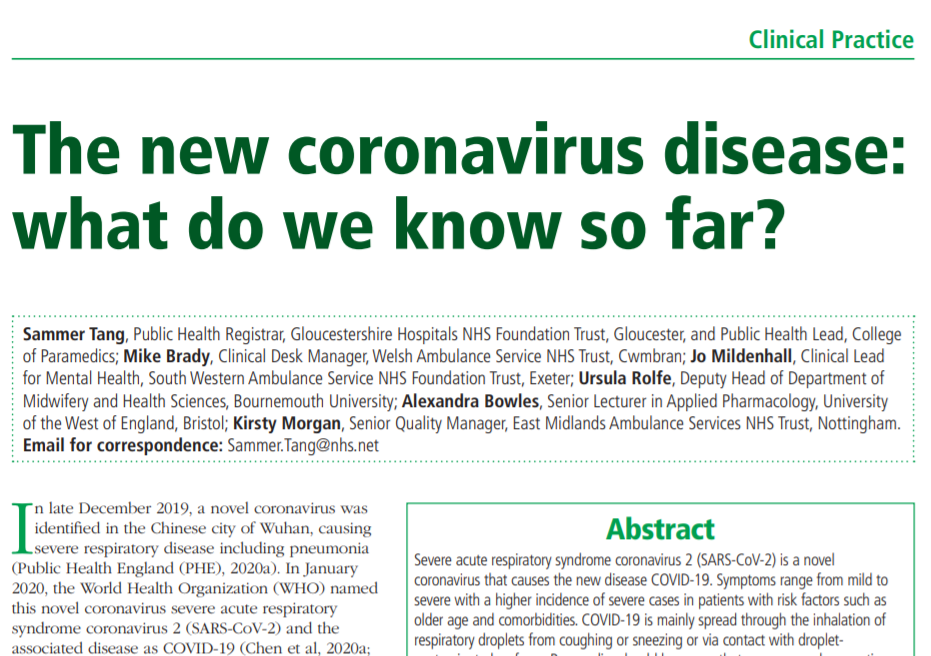
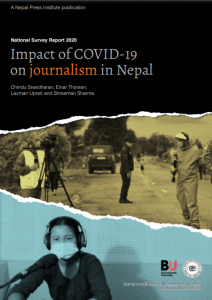
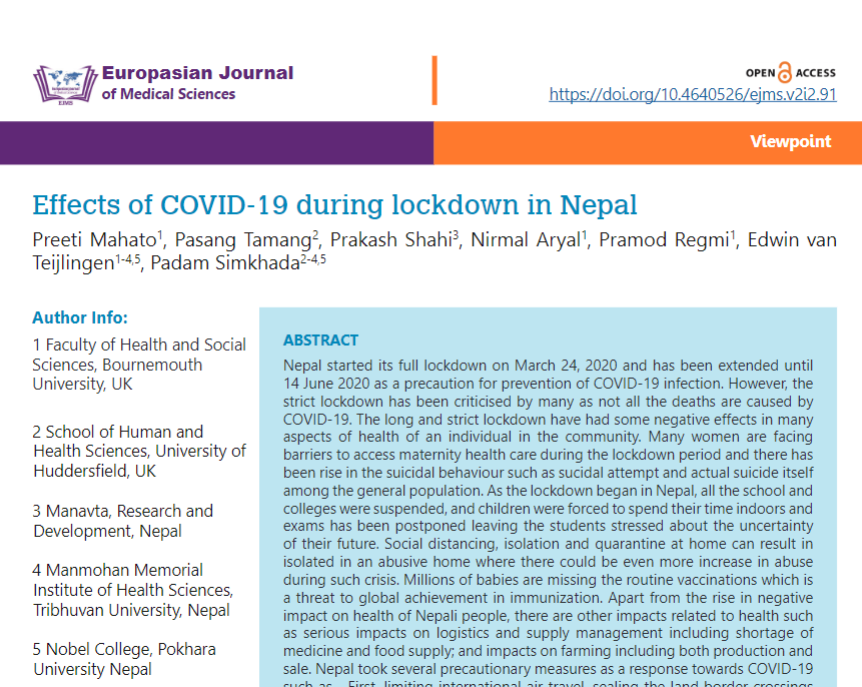
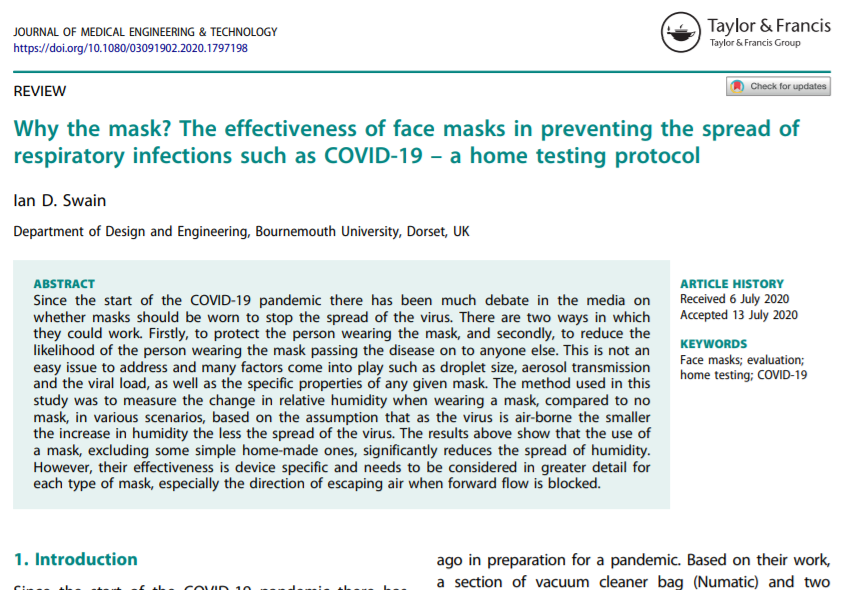

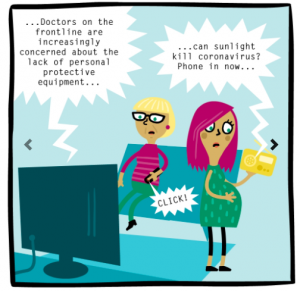
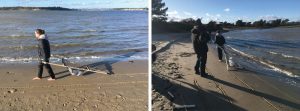
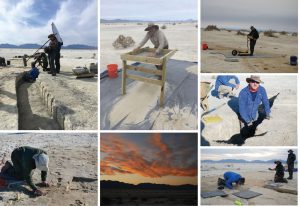 man documentary made by ARTE as part of the Terra X series. Interest in the site remains high and this season we had a TV crew from PBS America and Nova with us in the field. They are following our research team throughout the next nine months and will be filming here in Bournemouth at some point in the near future. The Director of the Smithsonian Dr Kirk Johnson is leading this programme and is now a fan of the site. The technological aspects of our work at White Sands are also due to feature on Ancient Mysteries Decoded available via the Discovery Science channel later this year.
man documentary made by ARTE as part of the Terra X series. Interest in the site remains high and this season we had a TV crew from PBS America and Nova with us in the field. They are following our research team throughout the next nine months and will be filming here in Bournemouth at some point in the near future. The Director of the Smithsonian Dr Kirk Johnson is leading this programme and is now a fan of the site. The technological aspects of our work at White Sands are also due to feature on Ancient Mysteries Decoded available via the Discovery Science channel later this year.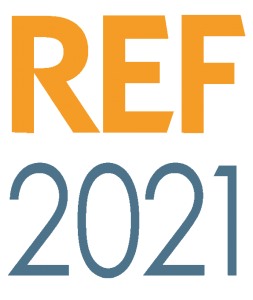
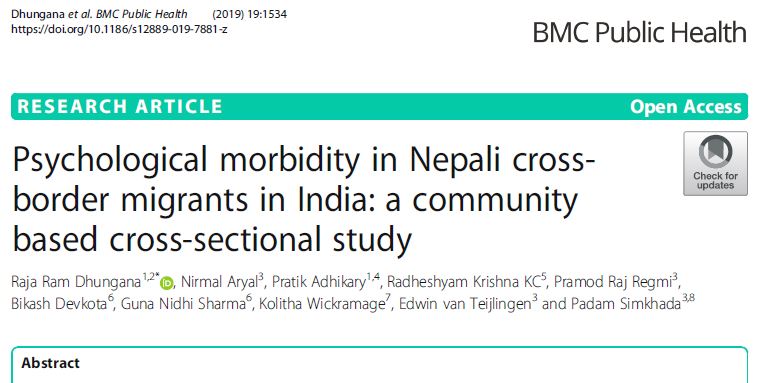

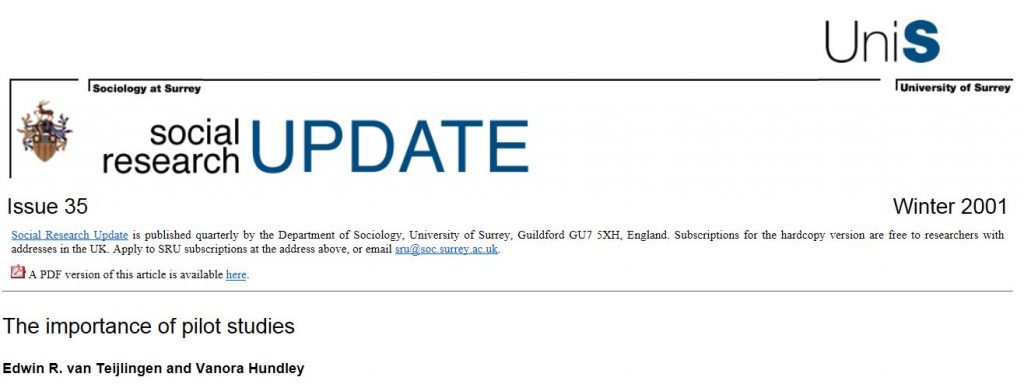
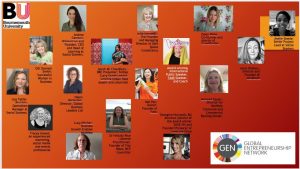
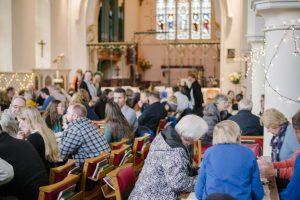

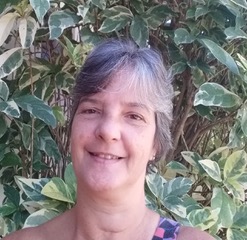

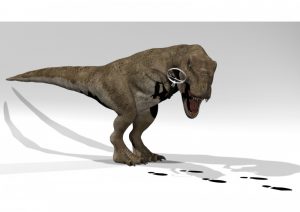











 April’s Café Scientifique – Should we help machines understand and respond to our emotions?
April’s Café Scientifique – Should we help machines understand and respond to our emotions? Postgraduate Research Experience Survey (PRES) 2024 – 2 WEEKS LEFT
Postgraduate Research Experience Survey (PRES) 2024 – 2 WEEKS LEFT Working with The Conversation: online training session – Wednesday 8th May
Working with The Conversation: online training session – Wednesday 8th May Apply for up to £1,000 to deliver an event and take part in a national festival of public engagement with research
Apply for up to £1,000 to deliver an event and take part in a national festival of public engagement with research MSCA Postdoctoral Fellowships 2024
MSCA Postdoctoral Fellowships 2024 Horizon Europe News – December 2023
Horizon Europe News – December 2023